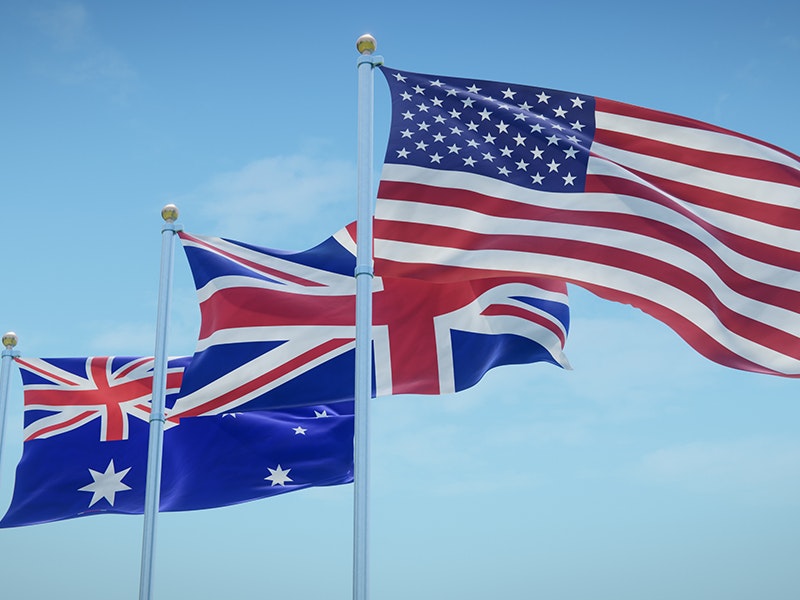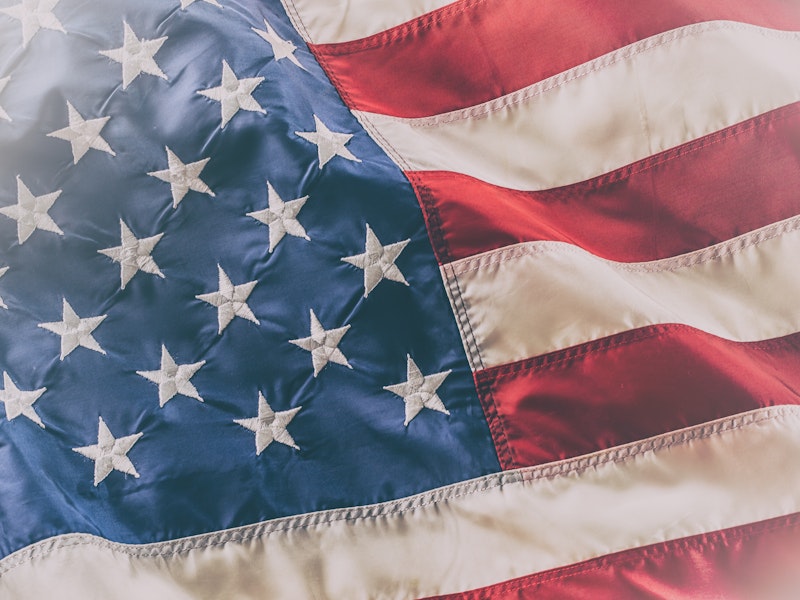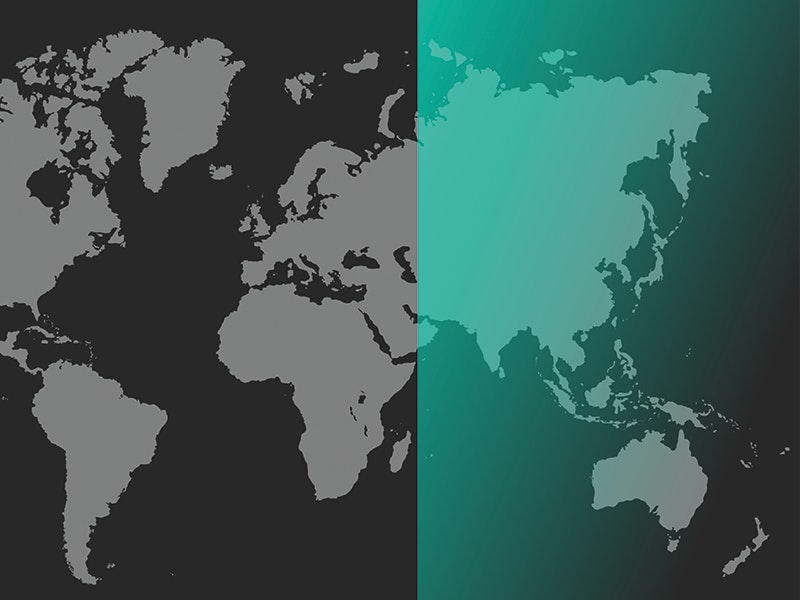
Trump, Putin, and the Future of the West: How the Global Order is Being Rewritten
Article published in the Spectator here.
It turns out that Harold Wilson’s famous quote, ‘A week is a long time in politics’, is equally applicable to changes to the world order.
In recent weeks, President Trump has extended a hand to Russia, undermined Ukraine and upended a transatlantic alliance eight decades old. In doing so, not only has he performed a 180 degree turn on established US foreign policy, but he has forced the UK and its European allies onto a new trajectory that will have ramifications for decades, if not longer.
Trump’s outreach to Putin was not unexpected. During his election campaign he repeatedly stated he could bring the war in Ukraine to a close ‘in a day’, and that he would prioritise this early in his administration.
What has been a surprise is how Trump has set about doing this. Not only has he attacked Ukraine and its president, calling Zelensky a ‘dictator’, but he has arranged a bilateral meeting with Russia to end the war while excluding his European allies.
His actions are not just about the war itself. Trump is calling for better overall relations with Russia. He wants to bring the country back into the G7, which it was suspended from following its annexation of Crimea in 2014.
The question is why he is doing this.
There is Trump’s personal attitude towards Putin. The American President has long been a fan of his Russian counterpart, calling him a ‘genius’ and ‘savvy’ for initiating the 2022 invasion of Ukraine.
There is also the US strategic dimension. Quite simply, Russia is not a direct threat to the US in the eyes of this administration. Yes, it has invaded Ukraine and other neighbours, but it is not able to undermine US power like China is. Russia has not, for instance, established global entities like the Belt and Road Initiative. Nor is Russia’s economy – about an eighth the size of America’s – something to be worried about.
Trump has made it very clear that he sees China as the main threat. In his first administration he started a trade war with China, and he reiterated that he would take a tough stance on Beijing during his recent campaign.
That dealing with China is a major reason behind the proposed deal with Russia. This was made clear when Peter Hegseth, US Defense Secretary, said that ‘the US is prioritising deterring war with China in the Pacific’.
All this is good news for Russia.
Normalising relations with the US will allow Putin to declare to his people, and to the world, that he has won a strategic victory over the West, especially Europe. This will have severe negative consequences for the latter’s international standing. As former Russian President Dmitry Medvedev said following Trump’s recent call with Putin, ‘Europe’s time is over’.
Secondly, it will give Russia more opportunities for further action. If the US is intent on carving up the world into areas of interest, this will leave Russia to focus on Europe and potentially Africa too. For a revanchist, expansionist power this is a golden opportunity.
There is though a potential fly in the ointment for Russia – and that is China.
Ever since the invasion of Ukraine, China has taken advantage of the distraction this has caused the West to push its own global agenda, for example launching several international structures (like the Global Security Initiative) that look very much like it redrawing the international order to be centred on Beijing.
If Washington is now turning its attention to the western hemisphere to focus on its main strategic competitor, this will give Beijing less freedom for manoeuvre. The Pentagon is already preparing for war with China – being able to focus all its efforts on this rather than on Russia too will be an advantage.
This is all reminiscent of President Nixon’s 1972 détente with China, which was aimed at peeling away Chinese support for the Soviet Union (which was then America’s main rival). Nixon’s strategy of using this thaw to increase pressure on Moscow worked, and led to the Soviet leadership taking a less unproductive stance with the US, for example over nuclear weapons.
Xi Jinping knows his history, and will understand the risk from Trump and Putin collaborating. It would be surprising if the Chinese didn’t somehow try to scupper a deal between the US and Russia, even if they have said they support the peace process.
There are plenty of reasons why the proposed US-Russia deal might not work from a US perspective. There might be a misalignment of expectations, or a change of heart by Trump. But pressure from China – which is now Russia’s biggest international supporter – would make it hard for Moscow to clinch an arrangement with Washington.
Even if the Trump-Putin deal over Ukraine doesn’t end exactly as currently planned, there is no doubt that the UK and Europe have to assume the US is no longer the military backer it once was.
This is important because British and European leaders now recognise that Russia has territorial designs on more than just Ukraine. As the Lithuanian defence minister recently put it, ‘We all understand that Ukraine is just the first stage currently of an imperial expansion of Russia’.
The only way to stop Russia is to have a strong, united front. A report by Danish intelligence suggests that Moscow could be ready for a major war in Europe within the next five years, especially if ‘it perceives Nato as militarily weakened or politically divided’.
Europe is already trying to establish more unity through a new coalition of 19 countries that is emerging to deal with Russia. Even though it is France’s President Macron who is pushing for this, the UK has the opportunity to step into the US’s military leadership role. It has already done so in part by taking over the convening of the group of countries supporting Ukraine.
By becoming the leader of this new grouping, it will ensure that London is able to steer its allies towards its own strategic priorities rather than being subject to what Paris or Berlin think is most important.
But the only way to succeed in this is to dramatically increase British defence spending, and fast. This will be a challenge for the government, and will force it to reprioritise domestic spending priorities, with all the political fallout this will create.
There are also opportunities for the UK in all this. One, which will be hard for Atlanticists to swallow, is that it will give Britain more freedom now that it is no longer expected to align with America.
The UK has different strategic interests to the US. Sometimes this has been forgotten in the enthusiasm for the ‘Special Relationship’, but the last few days have proven this.
Washington appears to want peace at any price so that it can focus on China. For London, it is essential that Russia doesn’t claim a win now, so it is not tempted to take another chunk out of Ukraine and perhaps go on to invade more of the continent.
These past few weeks are likely to go down as a hinge of history. Britain has to seize the opportunities this has created and create long-term benefits for itself and its allies. The only other option is for the country to enter the emerging new order without a voice, and give Putin the chance to target not just the territory of Europe, but our whole way of life.









